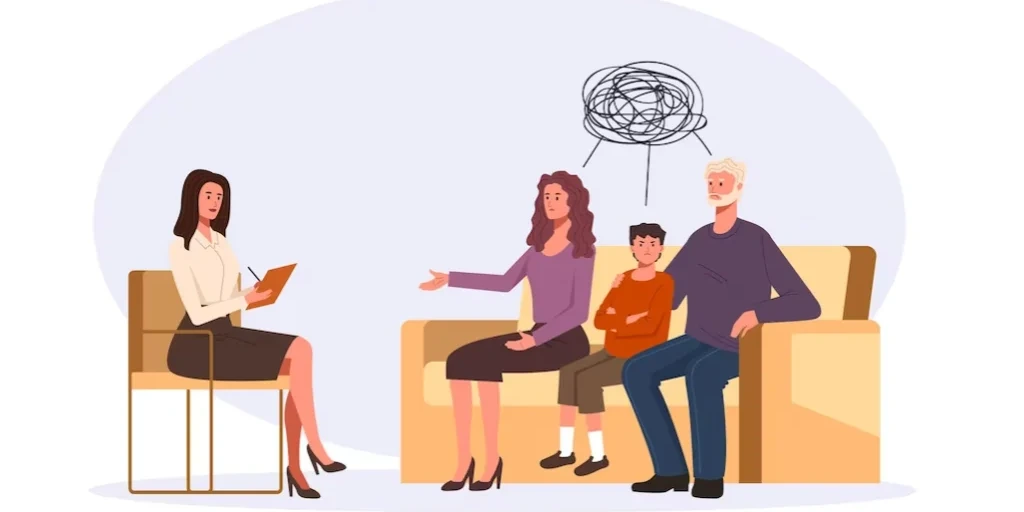24/7 Helpline:
(866) 899-221924/7 Helpline:
(866) 899-2219
Learn more about Morphine Detox centers in Blooming Prairie

Other Insurance Options

Ambetter

PHCS Network

Excellus

Holman Group

Humana

Optima

Absolute Total Care

EmblemHealth

American Behavioral

Optum
Beacon

Health Net

Aetna

BlueCross

UnitedHealth Group

Group Health Incorporated

WellCare Health Plans

BHS | Behavioral Health Systems

ComPsych

Health Choice

Beauterre Recovery Institute
Beauterre Recovery Institute is a private rehab located in Owatonna, Minnesota. Beauterre Recovery I...

South Central Human Relations Center – Dual Recovery Program
South Central Human Relations Center – Dual Recovery Program is a non-profit rehab located in Owaton...

Owatonna Hospital – Behavioral Health
Owatonna Hospital – Behavioral Health is a private rehab located in Owatonna, Minnesota. Owatonna Ho...

West Hills Lodge
West Hills Lodge is a private rehab located in Owatonna, MN. West Hills Lodge specializes in the tre...





































Safe Harbour
Safe Harbour is a private rehab located in Owatonna, Minnesota. Safe Harbour specializes in the trea...































